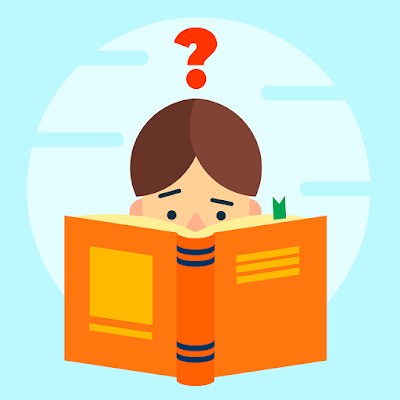It has been a year, actually more than that but we are still in the flux. Uncertainty looms over almost everyone and everything under the sun. This pandemic situation is just refusing to mellow down. Covid -19 has taken a toll on many fronts - physical, mental, emotional, and economic and it has been draining. But, we fail to see something bigger getting damaged but we are unable to recognize it. By the time we comprehend the situation, it will be too late and irreversible damage. And that is: we are overlooking the foundational years of our children, especially in the age group of 0 to 6 years, which we know as Preschool Education. Scientists and Educationist since last one century have been telling us that 95 % of brain development takes place during these years. Its importance also has been recognized by the Government of India in the new National Education Policy (NEP). But unfortunately many parents did not let their children continue with the online education imparted by the schools stating that screen time is harmful for children. It resulted in these children losing many important concepts and skills and unfortunately will continue to do so, since the option of opening the schools, especially pre-schools, are out of question. The perspective of a parent needs to be changed. We have been giving cell phones and excessive TV time, tablet time to children and they get glued to it. Parents have to discern between good and bad screen time.
But consciously, we need to create better screen time for children so that their learning process continues. Even during the lockdown period, even now, these young children are growing physically and mentally and they need challenges so that their brains development continues at a normal pace. This can happen only through online school programme in the present situation. A child in the age group of 3 to 6 needs to be enrolled in a well developed online programme; which eventually would help the child in developing social, emotional and cognitive skills for the future years in school and in workplace. It has been evident that online or virtual schooling is the most viable substitute for a child’s uninterrupted learning.
Through our experience of last one year, we have seen both the types of the parents who just dropped off their child’s education just because it was online. They argued that nothing is going to be lost in one year! Now that we are experiencing a more sever second wave of the pandemic, such parents are now getting uneasy but continue to remain indecisive. On the other hand, there were parents who could foresee the long term repercussions and joined hands with the school and of course teachers to take their child’s learning to the next level.
As much we wish and pray, situation is unlikely to improve soon. Pediatric vaccine is still in early stages of development and might take another year or so before it is available to masses. Will we wait for another year for the schools to start offline?
As an educator, my question to the parents is: “If the teachers can change overnight as they were and are worried about the growth of their students, than why can’t parents comprehend the urgency of their wards?”
Think over it, if you are a parent…




